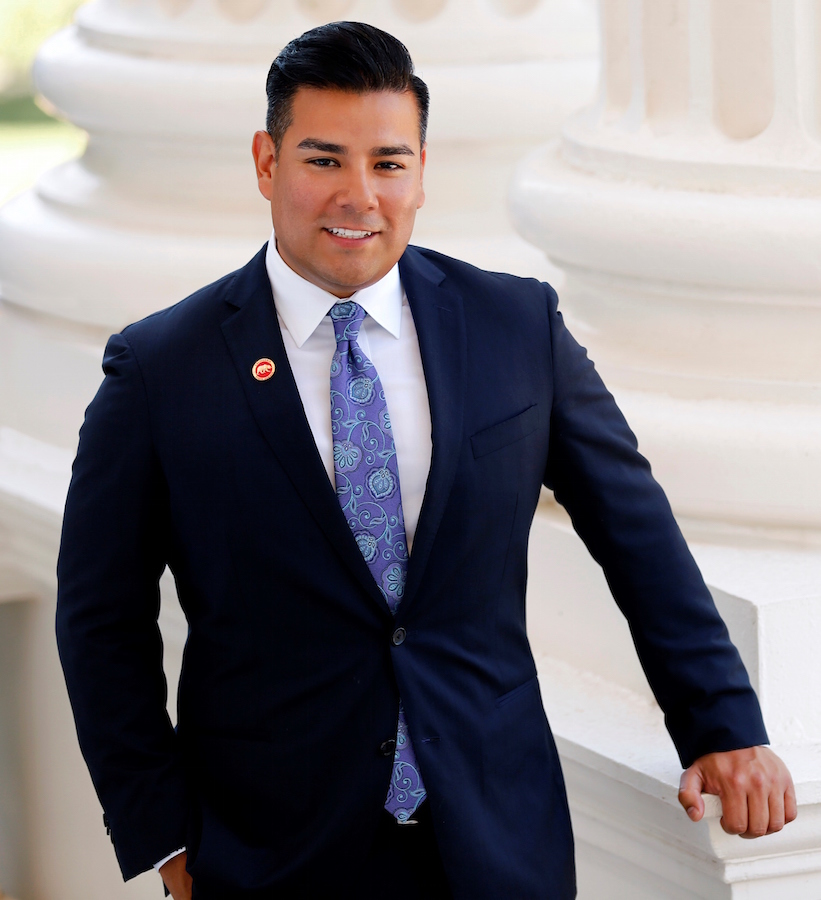 A bill that aims to reduce 50 percent of black carbon emissions and 40 percent of both methane and fluorinated gas (F-gas) emissions in California by 2030 has cleared the Senate Environmental Quality Committee by a vote of four to two.
A bill that aims to reduce 50 percent of black carbon emissions and 40 percent of both methane and fluorinated gas (F-gas) emissions in California by 2030 has cleared the Senate Environmental Quality Committee by a vote of four to two.
According to a press release from the office of Senator Ricardo Lara (D-Bell Gardens), Senate Bill 1383—which Lara authored—would require the Air Resources Board to reduce short-lived climate pollutants (SLCP) by 2030.
“These pollutants, including black carbon, methane, and fluorinated gases are among most harmful emissions to both human health and global climate change,” Senator Lara said in a statement. “Although they remain in the atmosphere for a shorter duration than CO2, their impact is significantly more dramatic. There is an urgent need to develop a strategy to address and reduce these deadly pollutants. Extensive research links particulate pollution and increased ozone levels to severe and chronic health conditions such as cancer, heart disease, and asthma. These impacts are most profound in children and we must do something about it.”
Back in 2013, Lara spearheaded and authored Senate Bill 605, which mandated that the Air Resources Board adopt a statewide greenhouse gas emissions limit proportionate to emissions levels in 1990 by 2020. In addition, they were also required to adopt rules and regulations in an “open public process to achieve the maximum, technologically feasible, and cost-efficient greenhouse gas emissions reductions.”
In September 2015, the Air Resources Board released the draft strategy outlining the proposed actions the State would take to reduce emissions of SLCPs and help reach Governor Jerry Brown’s goal of cutting down greenhouse gases by 40 percent.
The Super Pollutant Reduction Act of 2016 (Senate Bill 1383) aims to implement the draft strategy recommendations by requiring the Air Resources Board to approve and implement a strategy to reduce SLCPs by 40 percent of F-gas emissions, 40 percent of methane emissions and 50 percent black carbon emissions by no later than January 1, 2018.
According to the release, 33 health organizations have submitted a letter of support for the piece of legislation.
“California pediatricians strongly support SB 1383. According to the World Health Organization, more than 80 percent of the current health burden due to the changing climate occurs in children younger than five years old,” stated Kris Calvin, the president and CEO of American Academy of Pediatrics in California, one of the supporters of the legislation. “As climate change accelerates, children will continue to suffer disproportionately because they breathe faster and spend more time outside, and therefore have a greater opportunity for exposure to pollutants.”

